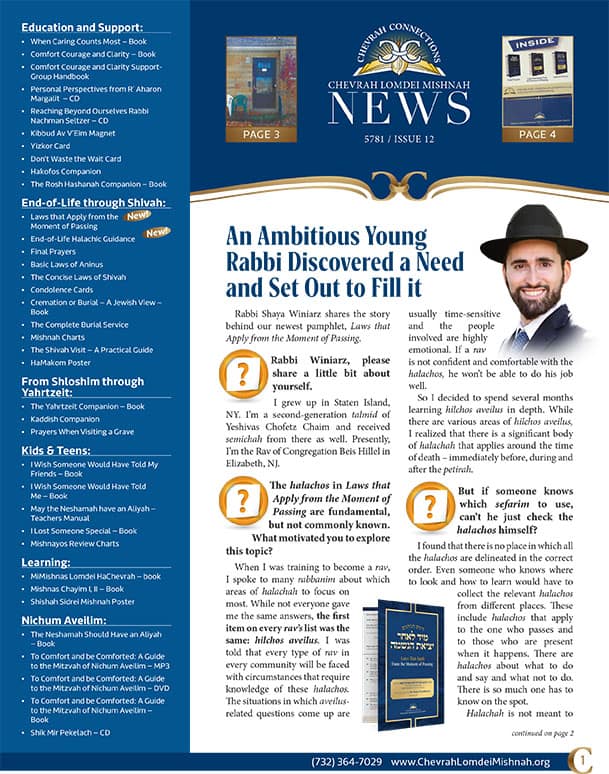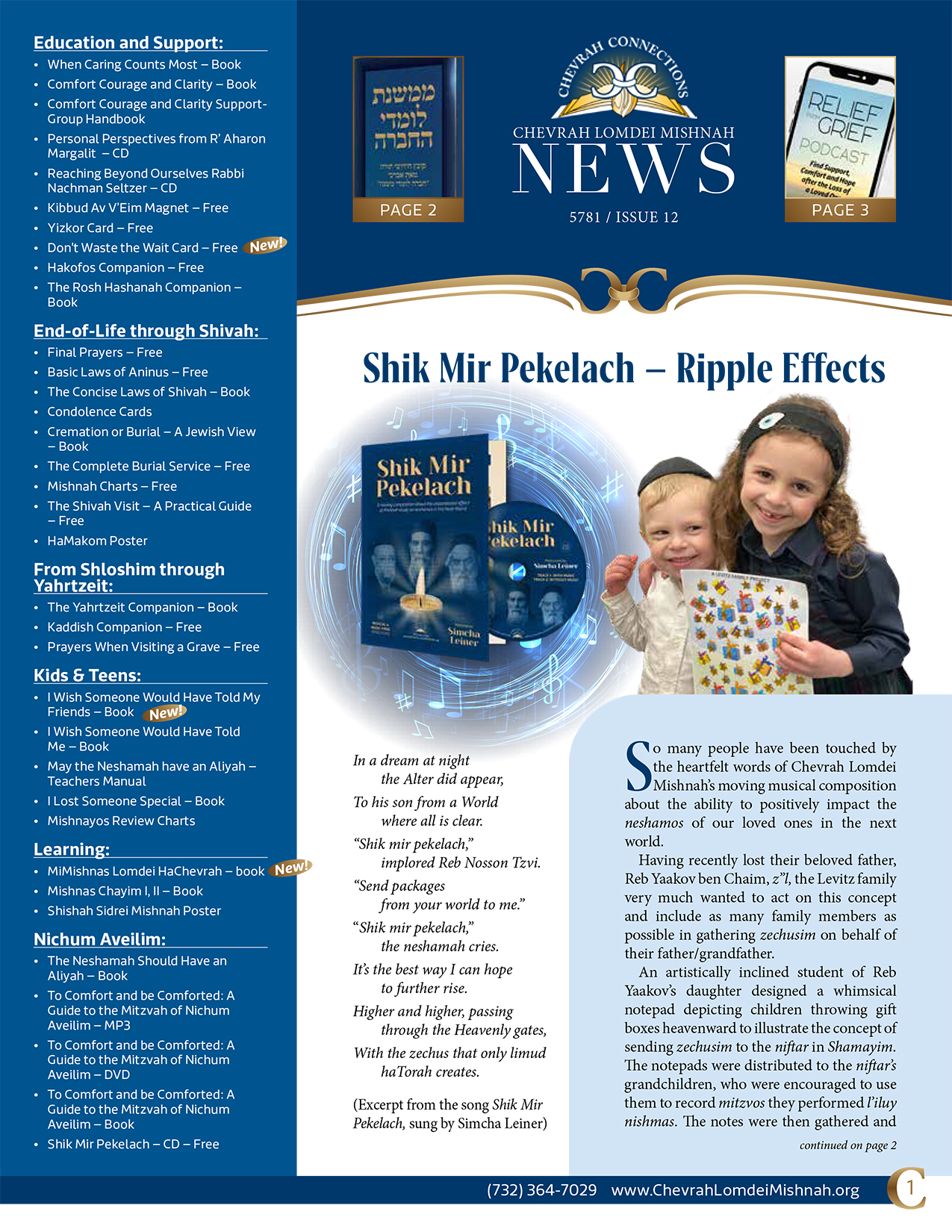When the Belzer Rebbe, Rabbi Aaron Rokeach came from Europe to Haifa, Israel, in 1944, he gathered a cluster of chassidim Friday night, to celebrate his first Shabbos in Israel. The Torah reading that Shabbos was Parashas Beshalach, known as Shabbos Shirah (the Shabbos of Song) because the Shirah that Moshe Rabbeinu composed is read during Krias Hatorah.
The Rebbe asked, “The words Az Yashir Moshe literally mean, ‘Then Moshe will sing,’ referring to a time in the future. Indeed Rashi (Shmos 16:1), citing a Medrashic teaching, states that all Jews will be singing [complete] songs of praise at Techias Hameisim, the time of the Resurrection of the Dead implying that the Song at the Sea was somewhat incomplete.”
“But wasn’t there much to sing about at that moment?” asked the Rebbe. “They had been led out of Egypt, they witnessed so many miracles at the Yam Suf including the splitting of the sea, why could they not sing complete songs of praise at that moment?”
The Rebbe answered his own question. “The joy at the time was incomplete because so many Jews had lost their lives during Macas Choshech, the plague of darkness (See Rashi Shmos 13:18). Only a fifth of the Jewish population actually left Mitzrayim. Surely many of those who were now standing together with Moshe Rabbeinu had relatives and friends that had perished. Thus their joy was curtailed and therefore Moshe Rabbeinu said that at the time of Techias Hameisim their joy and song would be complete. (To me the mathematics is frightening! If only a fifth of the Jews left Mitzrayim and that amounted to 600,000 men that means that the amount of men who perished, the remaining 4/5, was 2,400,000 men! And that’s not even counting women and children.
“It is the same with us,” said the Rebbe. “We who are fortunate to have survived the churban of Europe had so many relatives and friends who perished. However someday in the future we will all be reunited at Techias Hameisim, thus today, like Moshe Rabbeinu we can sing because we know that someday our song will be complete.”
I first heard this story from, Reb Mendel Yaakov, a professional badchan from Bnei Brak Israel. He had the challenging task of performing at the wedding of a young couple who had no parents. The badchan told the story of the Belzer Rebbe (in poetry no less), his message being that though the Simcha was understandably diminished there was room for joy and dance because someday the couple would be reunited with their parents and their song would be complete.
Recently a young distraught couple called seeking chizuk after the wife had given birth to a stillborn child. There had been no hint that anything was amiss until the day before the birth when the doctor did not detect a heartbeat.
What should one say, what can one say?
I told them they should name the infant with a name that invokes Hashem having compassion for the child (See Yoreh Deah 263:5). I explained that one day they would be reunited with this child and now every time they recited the words mechayei meisim (resuscitates the dead) in Shemoneh Esrei the words would take on a personal significance as they yearned to one day be reunited with this child. Because their song of praise would one day be complete they could carry on with life until then.
There is a lesson here for us all. Not every Simcha can or must be perfect in order to sing and dance. There may issues and problems to contend with. Someday in the future those issues would be resolved and song and dance would be complete. But for now as Moshe Rabbeinu, the Belzer Rebbe and the badchan in Bnei Brak showed, there is reason and room for song at all simchas.
Reprinted with permission from the Hamodia.











